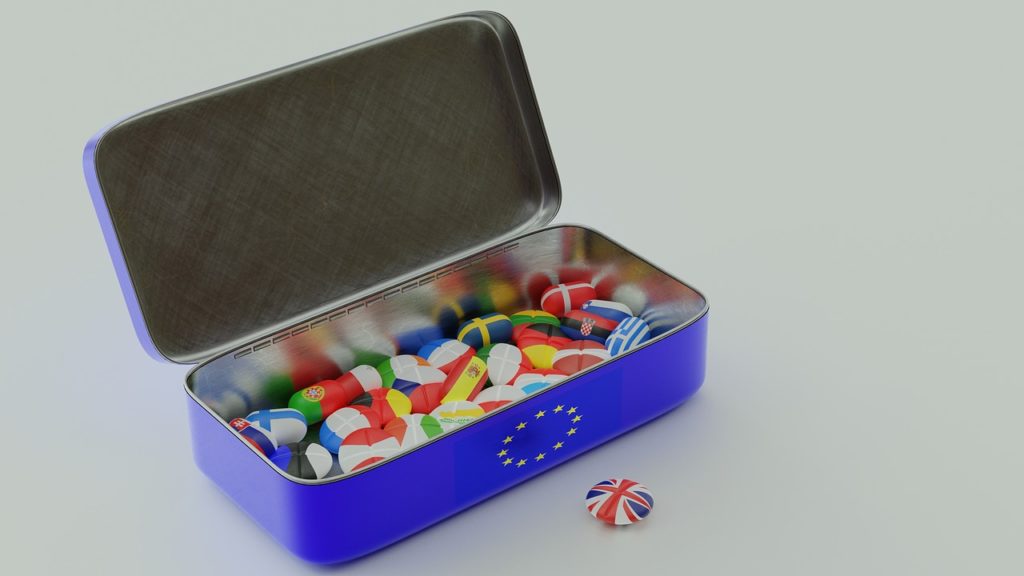Europe just got less predictable

The Centre-right and centre-left took a beating in the EU elections. What else is in store?
Europe has voted for its shared 751-seat parliament and contrary to the hype, there was no European revolution. The far-right did not take charge. Euroscepticism did not triumph. In fact, voter turnout surged to a 20-year high and the 28-country European political project might have never been so popular among its peoples.
So, what is the European story told by the elections, held from May 23 to 26 and billed as the world’s second-biggest democratic exercise after India’s? It is one of hope for change and the pattern was different in the 28 European Union (EU) member-states.
A common thread in northern Europe was the strong showing by the Greens, who received nearly 21% of the vote in Germany; 16% in Finland; 15% in Ireland; 13.3% in France; 10.5% in The Netherlands as well as high scores in Denmark, Sweden, Belgium, Luxembourg and Austria. In Portugual in the south, a Green party won its first European parliamentary seat. The Greens’ tally stands at 70, up from 51 in the last parliament.
The anti-immigrant far-right did well in Italy, Hungary and France, as did Poland’s governing nationalist Law and Justice Party.
In Britain, the anti-EU Brexit Party led by Nigel Farage got the largest single share of the vote, with a clutch of pro-EU parties also polling equally strongly.
The European Parliament’s traditionally dominant centre-right and centre-left blocs lost their combined majority, one they had held for 40 years. When the new parliament meets for the first time on July 2, it will be more diverse — with more representation from the far-right and the far-left, liberals as well as the Greens. This may set the scene for some surprises — and much wrangling — when it comes to Europe’s five top jobs. The presidents of the European Commission, European Council, European Parliament and European Central Bank have to be chosen, as well as Europe’s foreign policy high representative or the bloc’s foreign minister.
For much of the world beyond European shores, the EU’s legislative processes are incomprehensible. Do the European parliamentary elections really matter? If so, how? The parliament could be said to be the EU’s only truly democratic institution ever since direct elections were introduced in 1979. It represents 512 million European citizens but its power is derived from the assent it must give to proposed legislation. This can have far-reaching effect. The outgoing parliament, for instance, agreed to ban single-use plastics and helped shape General Data Protection Regulation (GDPR), which came into force last year. GDPR not only addresses data protection and privacy for individuals in the EU and the European Economic Area but also the export of personal data to other parts of the world. This matters to countries like India, whose companies need to show GDPR compliance in order to do business with Europe.
Members of the European Parliament also typically vote on a range of matters that materially affect the lives of ordinary people. These include workers’ rights, mobile phone roaming charges, health and safety regulations and pesticide use.
The parliament also has 23 committees, which deal with areas such as security and defence, human rights and international trade. Key policy debates on these issues -with ramifications for the wider world — are likely to be very different in the newly elected parliament compared to earlier ones, when a centre-right and centre-left political consensus ruled and there was a certain predictability of outcome.
The new parliament’s nationalists and far-righters make up something that has been called the “less EU” camp, one that believes in rolling back the bloc’s authority and returning as much power as possible to member states. How this happened is interesting. Three years after the United Kingdom narrowly voted to leave the EU, continental politics is indelibly marked by the shambles of Brexit. After watching Britain’s painful contortions, twisting and turning in the wind as it seeks to leave the EU without suffering a massive economic shock, there has been a decided fall on mainland Europe of Brexit-style, anti-EU sentiment.
Other than the Brexit Party in the UK, the EU’s most trenchant critics successfully campaigned in this election for reform of Europe, not its outright rejection. It is another matter that the planned reform is meant to weaken European institutional authority on issues such as human rights abuses and the rule of law.
But ahead of the parliamentary elections, France’s far-right National Rally, led by Marine Le Pen, and Italy’s League, led by Matteo Salvini, did not promise a referendum to leave the EU. Instead, they vowed to work from within towards “a Europe of nations”, albeit branded with a far-right agenda.
Differences among the far-right parties, however, make it all but certain there will be little agreement on anything but Islamophobia and restricting immigration. They differ on Russia, deficit spending, free-market liberalism and globalisation, just for starters.
What this means is the new European Parliament will be a more fractious body and European politics just got a lot less predictable.
(Rashmee Roshan Lall is an international affairs columnist based in London)
Originally published at https://www.firstpost.com

